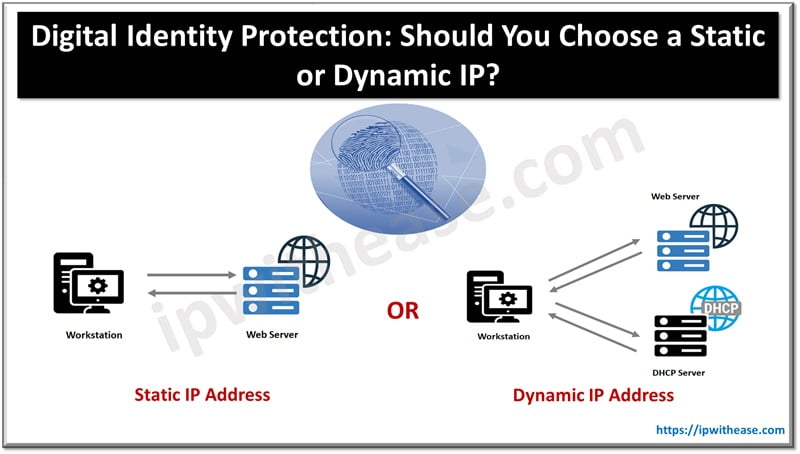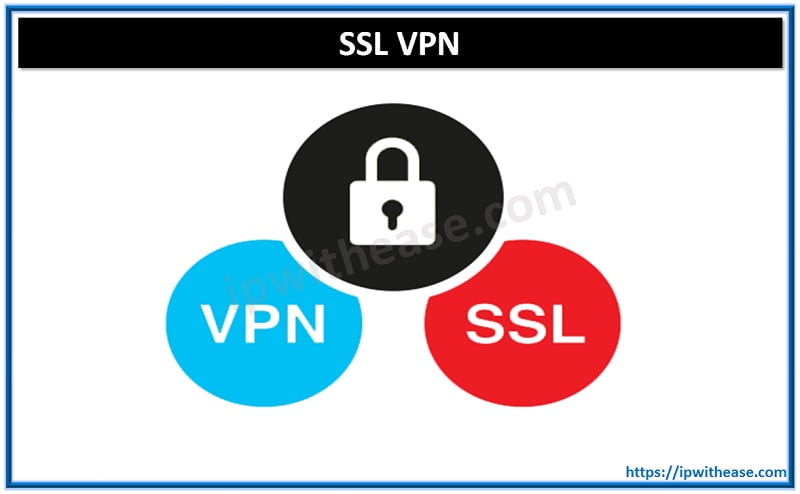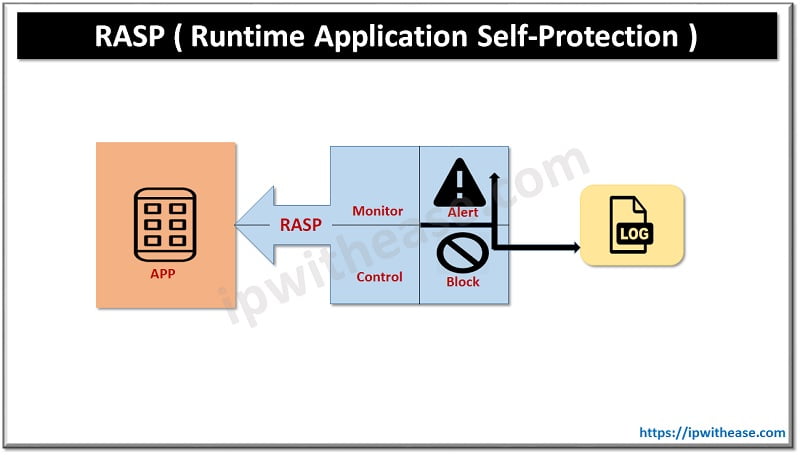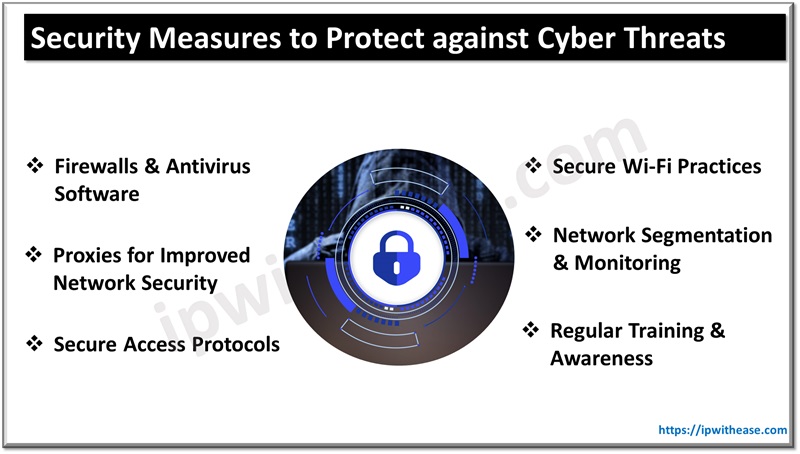Table of Contents:
People are becoming much more aware of how big tech tracks and traces them via internet use. That is why VPN has become one of the hottest tech tools. But once you dive into changing your IP with a VPN, someone might ask whether you prefer a static or dynamic IP.
In fact, it all depends on what you are hiding from. Let’s start with the basics to help you make good choices.
What Is an IP address?
IP addresses are how the internet knows how to send you the information you ask for. When you ask for the information, you automatically include specific information about your IP address and device in the data package you send to the server. The server uses that technical information to decide what to send you.
- IP addresses reveal the device’s country, region, and ZIP code.
- They use the device information to ensure the article is displayed correctly on your device, e.g., an Android or laptop.
So far, so good. You ask for the information, and the server sends it to you. When does this become a bad thing?
Hackers can use IP addresses to track users’ physical locations. However, hackers are not the only ones interested in this information. Your IP address is far more important to advertisers than it is to you.
Who Can Exploit Your IP Address?
Your IP address is visible on any website you visit. It’s also visible to hundreds of interconnected servers owned by data brokers and advertising companies. When you click on the article, the domain notifies the network of servers of your request using a maze of cookies and other trackers. Advertisers want to know what you’re looking at because they want to know what interests you. They want to put advertisements in front of you.
To find relief from relentless surveillance, you must hide your IP address. It can be a dynamic or static IP address, but either way, you should keep it hidden from casual tracking. It will help preserve your privacy and prevent those ever-present adverts that follow you online.
The best way to mask your IP address is with a VPN (Virtual Private Network). A VPN overrides your IP address with the IP address of your chosen VPN server. You can choose from various servers, including ones in other countries. VPNs encrypt your data for extra security. This type of encryption is essential, especially when using public Wi-Fi.

What Is the Difference Between a Static or Dynamic IP Address?
Both types of connections serve the purpose of connecting you to the internet.
A static (constant) IP address is a fixed IP address. Your Internet Service Provider (ISP) can assign one to you manually. It stays valid for an extended period and does not change unless manually modified. If your home network has a static IP address, it will remain the same every time you connect to your home network.
However, a static IP address doesn’t travel with you. If you were to work from a coffee shop, your office, or a friend’s home, your device’s IP address would change to the other network’s IP address. It would stay that way until you got home and connected to your home network again.
A dynamic (constantly changing) IP address, on the other hand, changes from time to time. They are only active for a limited period and then expire. A dynamic IP address can change whenever a user boots up their machine.
Is It Better to Have a Static IP or a Dynamic IP?
Internet Service Providers automatically assign users a dynamic IP address unless you ask (and pay extra) for a static IP address. You can also get a static dedicated IP address through VPN service providers. Here are the pros and cons of static IP vs dynamic IP addresses:
- Static IP addresses are more stable and have better DNS support for dedicated services such as mail, FTP, and web servers. They are much better for hosting servers than dynamic IP addresses. Static IP addresses can also reduce waiting times for the end user.
- A static IP address is better for businesses that need a stable geo-location presence. It ensures that web services that rely on geo-location data work accurately. The steadfast beacon also helps remote access applications like security cameras and remote desktop programs maintain contact with the business.
However, this hard-to-miss presence is a drawback for individuals, especially if you have any security concerns. An unchanging IP address makes hacking or attacking you much easier for cybercriminals. Dynamic IP addresses make it harder for anyone to follow you around online.
- You can easily hide a static IP with a VPN, but you may want to select which services go through the VPN if you’re a business. You can use the static IP for your servers but, for example, route all your employees’ Google searches via a VPN server in another part of the world. That provides more privacy for your employees.
- Static addresses cost more than dynamic IP addresses. Manual configuration is a time-consuming and costly process and requires expert maintenance. Dynamic IP addresses are easier to manage. It’s an easy configuration process without any manual intervention. That means dynamic IP addresses are cheaper to maintain than static IP addresses.
Which One Should You Choose?
It depends on what you’re hiding from. If privacy is essential, use a dynamic IP address and mask it with a VPN to avoid targeted advertising. If you forget to switch on the VPN, you’d better hope the ISP changes the IP address soon!
However, if you run a business that requires a stable online presence, a static IP address may be necessary. Whatever your choice, using a VPN is always a good idea to protect your online activity and data.
Continue Reading:
What is APIPA ( Automatic Private IP Addressing)
Difference between IP Address and Port Number
ABOUT THE AUTHOR
IPwithease is aimed at sharing knowledge across varied domains like Network, Security, Virtualization, Software, Wireless, etc.



